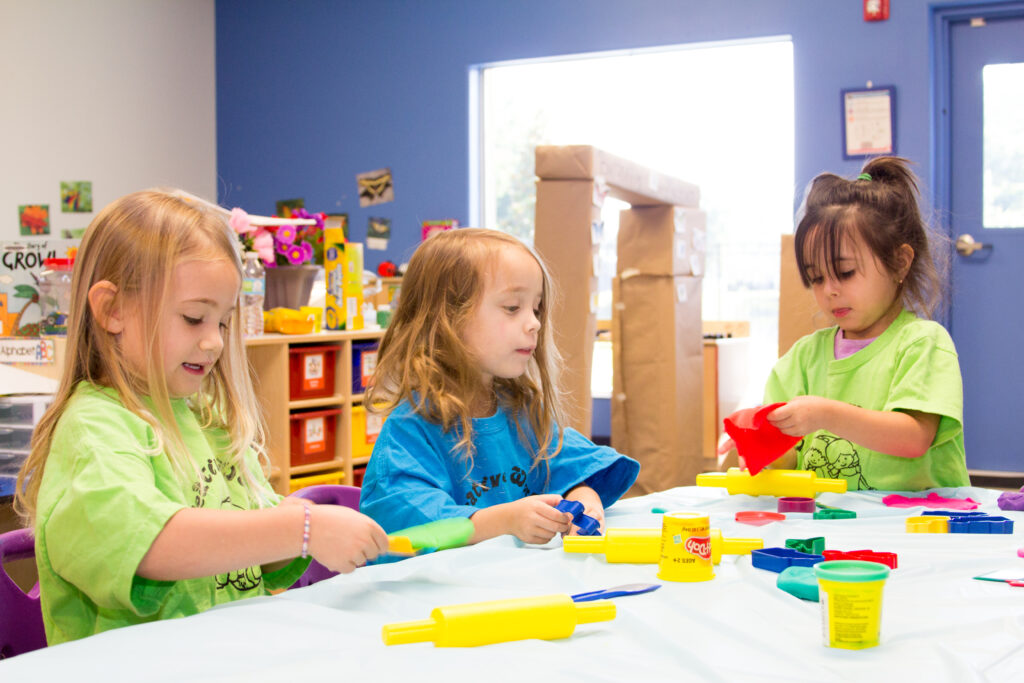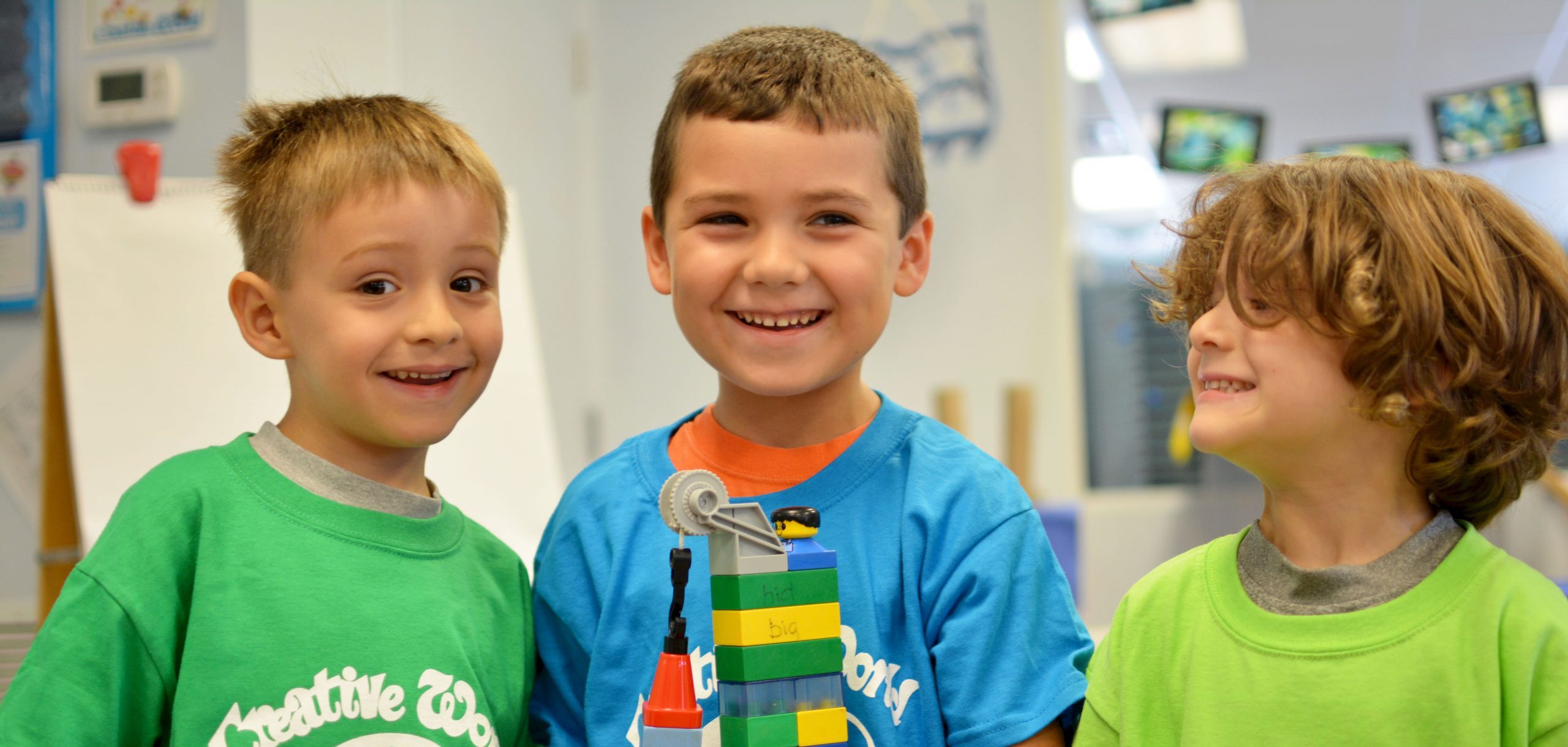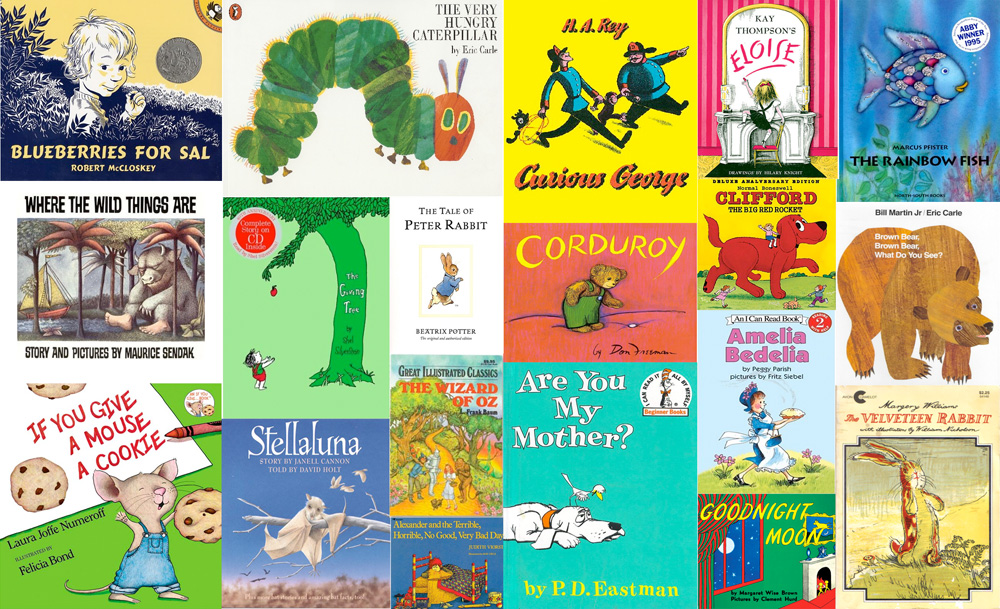
Back-to-School Questions to Help Build Your Child’s Emotional Intelligence
Creative world school Aug 7, 2018Help your child build their emotional intelligence during this back-to-school season!

A student’s emotions can affect their learning abilities and the education process. A growing body of research suggests that students that rate high in emotional intelligence may actually perform better in the classroom. It is a team effort between parents and teachers to identify the child’s emotions and to help them effectively communicate how they are feeling.
According to the Washington Post here are four questions parents and teachers can ask young learners that will help spot issues early and spark a more meaningful conversation about their day and emotions.
- How do you feel at the start of the day?
A child’s emotions at the start of the day can set the tone for the rest of the day. When teachers and parents help a child understand and label their feelings, the child feels supported and their day ahead can be improved.
- What emotions do you feel throughout the day while learning?
Learning to differentiate between a child’s emotions can take the guesswork out of determining how the child is feeling. This can help parents and teachers spot patterns that reveal what emotion is being felt, despite their behavior, and determine the best way to help.
- Do you feel differently when walking the hallways, sitting in the lunchroom, or at recess?
Finding out when your child is experiencing stress and anxiety throughout the day can help identify the cause of the stress. This is important because chronic stress can release hormones that interfere with a child’s ability to learn by affecting function and memory.
- How do you feel at the end of the school day?
Find out if your child is carrying stress from the day with them. Find out if they are feeling happy after their day or if they are feeling tired and burnt out. Rather than asking your child how their day went, ask them how their day made them feel.
When we take the time to understand the causes of our young learner’s emotions we can help them grow while consequently learning how to more productively express our own emotions as well. As parents and teachers, we can help our children learn better while simultaneously becoming better educators and parent in the process.






